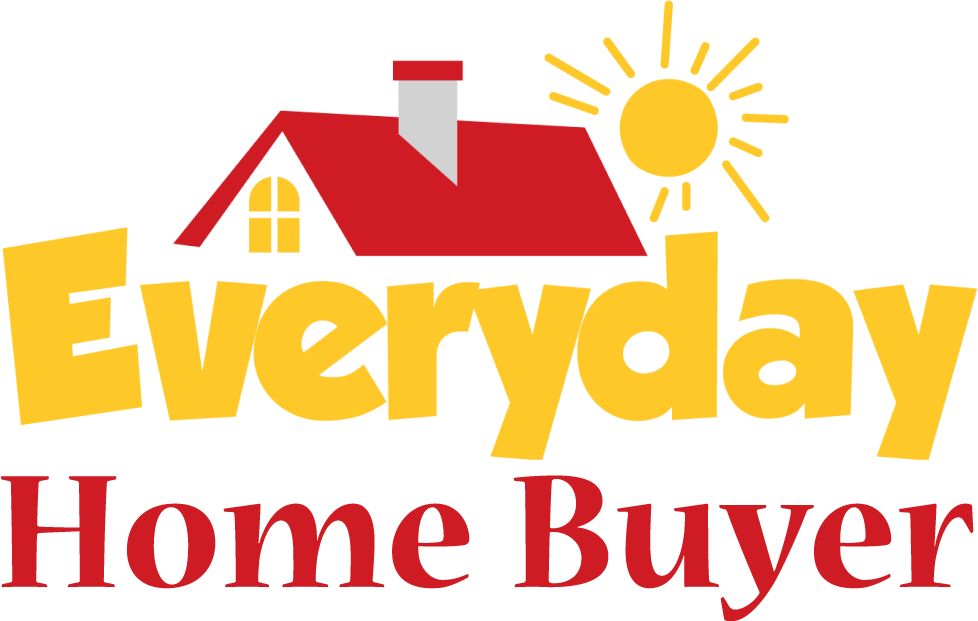Short Sale vs. Foreclosure: What's the Difference?
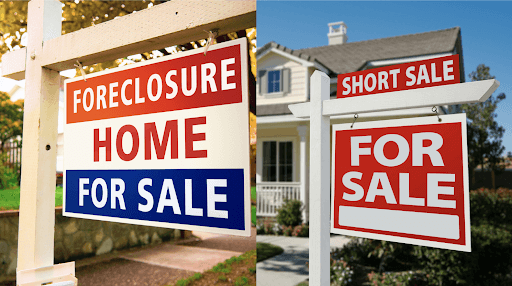
Short Sale vs. Foreclosure: What's the Difference?
The idea of selling has evolved over time due to resource or asset sales, especially when a home loan is involved. When a homeowner cannot pay the mortgage, the lender will have foreclosure and short sales options to choose from. The primary distinction between a short sale and a foreclosure is that they are used differently and initiated by different individuals. Read more to know in detail about buying homes in foreclosure or short sale in Florida:
In This Article:
- What is Foreclosure?
- Short Sale
- What does the term Deficiency Judgment mean?
- Important differences between foreclosure and short sale
- Final thoughts
- FAQs
What is Foreclosure?
The process through which a bank or lender recovers a house when the people who borrowed money to buy it are unable to make their mortgage payments is known as foreclosure. The home is lost during foreclosure, and there may be a sizable deficiency judgment as well. As being foreclosed upon can negatively impact your credit and financial stability, it is essential to prevent foreclosure wherever possible.
Although state-by-state variations exist in the foreclosure process, a lender can often reclaim the property from the buyer by one of two methods:
- Judicial foreclosure: To take possession of a property, a lender needs to file a suit against the homeowner. If the judge rules in favor of the lender, the homeowner will have to leave the property, and the bank will list the home for sale. Foreclosures for Sale in Florida make use of judicial foreclosure.
- Power of sale: To foreclose on a house, lenders do not need to appear in court. They can put the house in foreclosure and sell it with the assistance of a third-party trustee after providing the required notice, which differs depending on the state.
Short Sale
It is important to remember that without lender permission, no short sale can take place. The mortgage holder, usually a bank, must approve the decision to carry out a short sale before the procedure can even start.
The lending institution also needs proof explaining why a short sale is required, as they would lose money on the transaction. The homeowner still owes the remaining amount on their mortgage and receives nothing from the sale of the property once the lender approves the short sale.
The lender has two options, that is either they can decide to waive the remaining amount or file a deficiency judgment. It is a court order that allows it to seize all or part of the homeowner's money.
What does the term Deficiency Judgment mean?
Homeowners have to deal with deficiency judgments, which refer to the outstanding debt to the lender. A homeowner's credit will be impacted by a deficiency judgment. The period the deficiency judgments must be paid varies by state, and if the amount owed exceeds the value of the residence, the judge may reduce it.
Important differences between Foreclosure and Short Sale
The key differences you should know between a short sale and a foreclosure when having a Florida Foreclosure Homes are listed below:
When a mortgagor fails to make payments, the lender may foreclose and take possession of the property. When a property is sold for less than the remaining balance on the mortgage, it is referred to as a short sale.
A mortgagor who is unable to make payments may fall into foreclosure. Compared to a short sale, which occurs when a borrower falls short on payments and the value of the property secured by the mortgage is less than what the borrower owes, and the lender approves.
In a short sale, the borrower's credit score and history are relatively less negatively impacted than in a foreclosure case.
The lender forces the process of selling the property in the foreclosure process. However, the borrower sells the property and initiates a short sale process.
Final Thoughts
You may be wondering how to sell my foreclosure house in Florida. With Everyday Home Buyer at your service, you don't need to worry about Foreclosure sales. They have a proven track record of being reliable and trustworthy, which you will need during this process.
FAQs
1. How does foreclosure work?
A foreclosure is the legal process in which a lender forces the sale of the property. The intentions are to recover the balance of the loan from a borrower who has fallen into default.
2. What could make a lender deny a Short Sale?
If there is a default, they can be held accountable for payment, or if the homeowner is not yet in default on their mortgage, or if the lender thinks more money can be recovered from the foreclosure, they may refuse to allow a short sale.
3. What is the duration of the Foreclosure Process?
The number of days between the initial public notice and the foreclosure end process can vary.
Search
Recent Blog
-

The Pros and Cons of a Cash Offer on a House
Jun 11, 2025 -
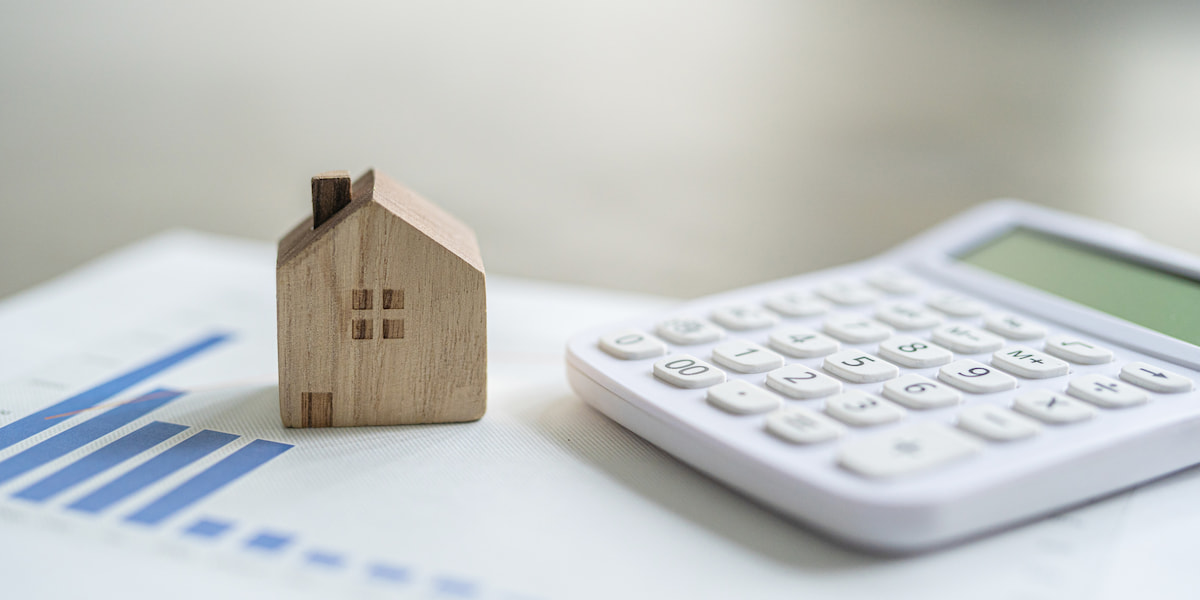
-
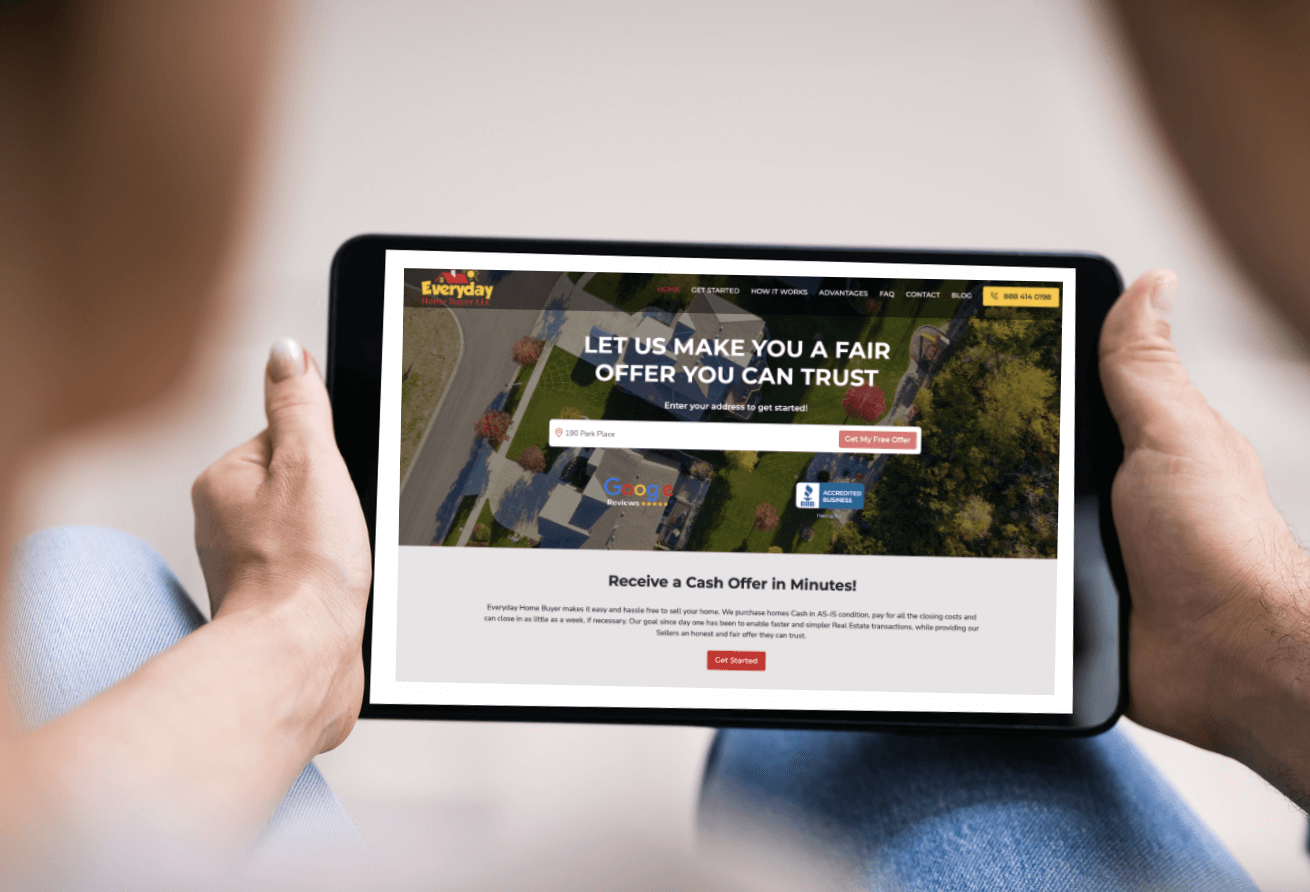
-
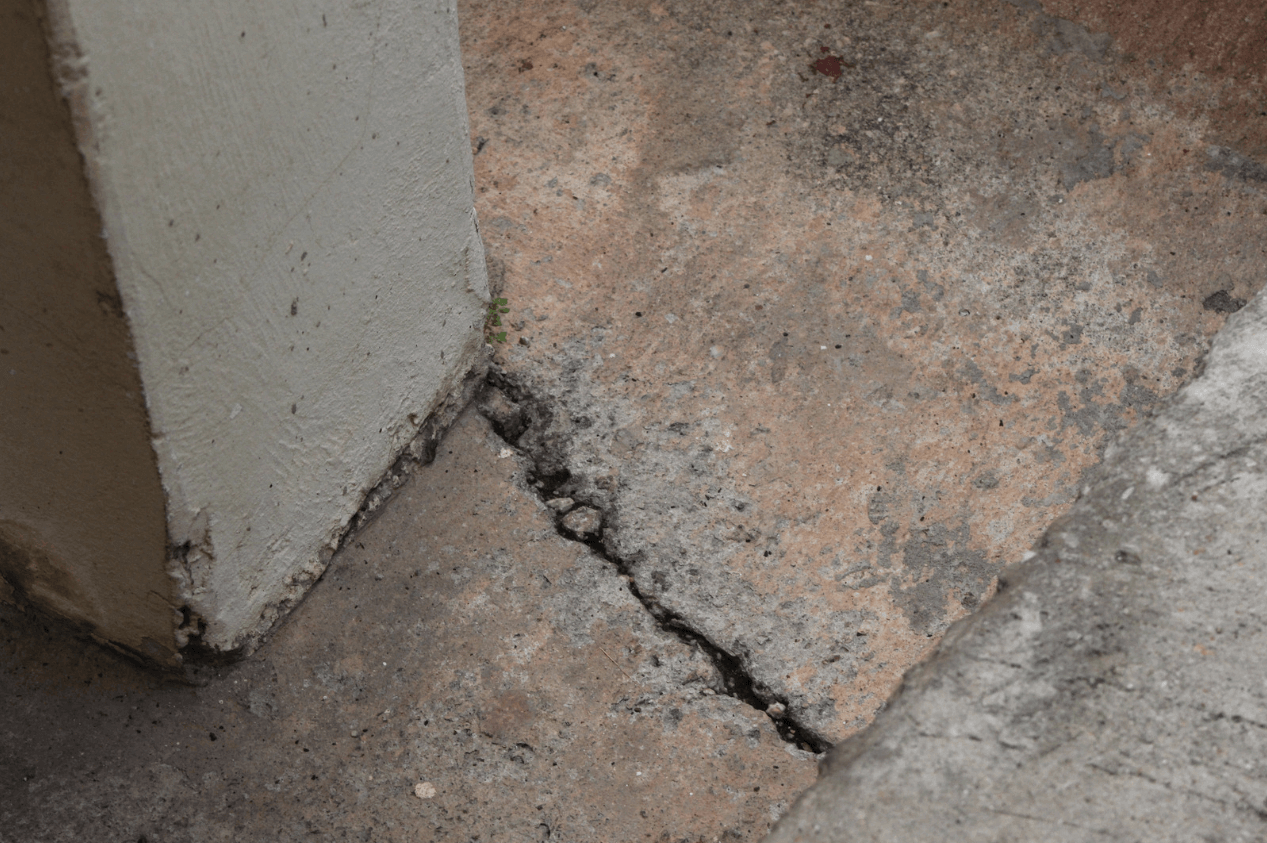
How to Sell a House with Foundation Issues
Jan 08, 2024 -

What Factors Affect the Real Estate Market?
Jan 08, 2024
Get a Cash offer on Your House Today
Contact us for a FREE, no-obligation consultation. Everyday Home Buyer simplifies the process!
